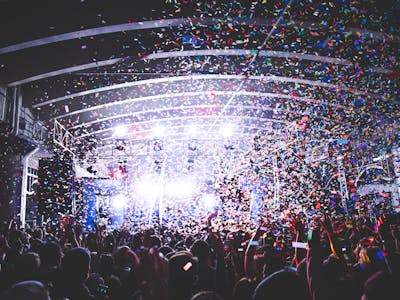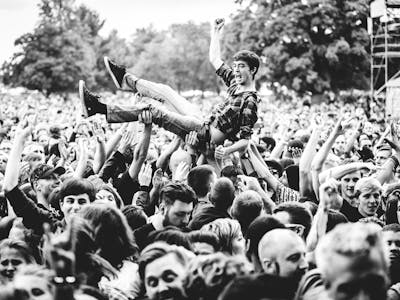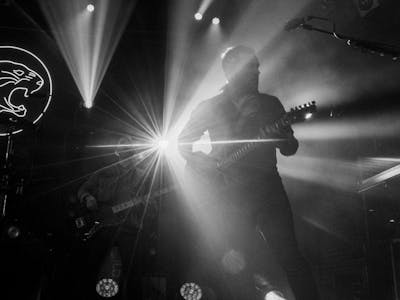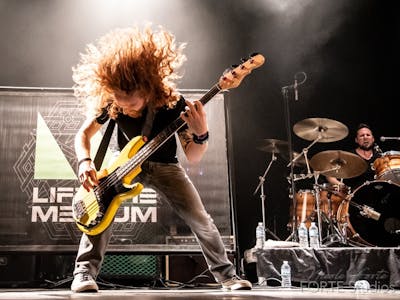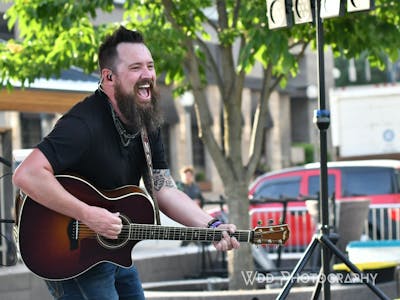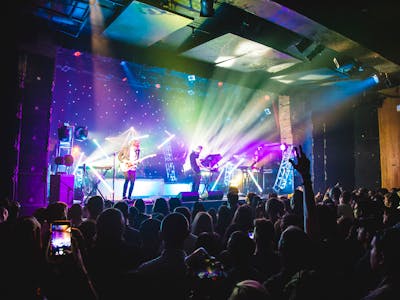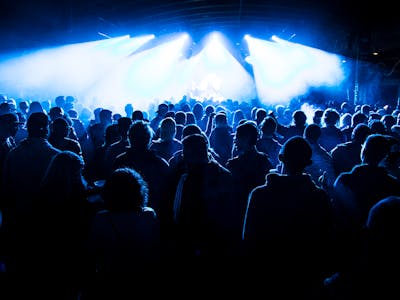One of the first questions many bands have is how to hire someone to book their shows for them. The assumption is that if a band can get the right person involved then they can do all the 'business stuff’ so the band can get back to making music. I hate to burst your bubble, but here’s the cold hard truth: You are a small business owner & no one is going to care more about your business (band) than you do.
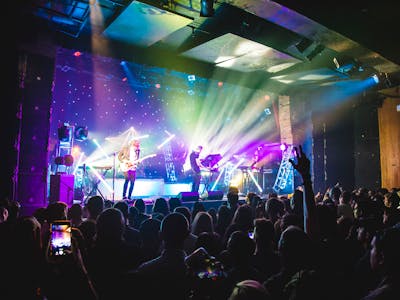
- Artist Resource
Complete Guide to Booking and Promoting Shows
This guide is intended for musicians that are interested in learning how to book & promote their own live events with aspirations of building a long-standing career.
Ian Bolender
Being in a band is no different than owning a bakery. I’m sure the baker just wants to make cakes & cookies. They never thought they would need to know how to find more customers, hire employees, handle the books for the business, build a website, etc.. I’m sure you just want to write music & play shows, but if you want to grow then you need to treat your band more like a business & less like a hobby.
To answer the question, if your band is drawing less than 200 people a night then you don’t need an agent. Do it yourself until you get to the point where you are drawing 200+ people in your hometown AND 2-3 surrounding markets.
Once you get to this point you should be opening up for national artists in your hometown & you have probably made contact with a few concert promoters. If you are serious about seeking help from an agent at this point then ask those concert promoters for some references. They will be happy to connect you to the appropriate people & steer you away from the scam artists.
How do agents earn a living?
It’s important to consider the motivation of a booking agent. Agents are responsible for negotiating the deal with promoters and venues. They earn a percentage of what you make (typically 15%). So, if you are making $100 a night then they only get $15. Why in the world would someone sign up to make $15 a night?
Many people are attracted to the music business because it sounds like fun. Most of those people don’t last very long once they realize it is real work. Unfortunately, some people find ways to take advantage of young artists & will take much more than their fair share. Don’t work with these people. If someone reaches out to you & wants to work with your band then contact a local concert promoter to ask their opinion. If they have never heard of them then you have your answer..
When am I ready for an agent?
Most reputable agents want to see you selling out shows in your hometown (200+ tickets). This proves that something is going on. Some bands can pad the numbers with friends & family in their hometown, so they also want to see that you have put in the effort to grow your band in another market. If you can draw 200+ people in 2-3 surrounding markets then it’s proof to the agent that they can replicate that success everywhere (you are essentially conducting a focus group).
Finding an agent that will stick with you through feast & famine is just as hard as finding a new band member. Don’t rush into it. Keep writing songs, playing shows, and building your fanbase. The music industry is smaller than you think. Once you are ready there will be plenty of agents knocking down your door.
Next: How to promote your show

- Artist Resource
Complete Guide to Booking and Promoting Shows
This guide is intended for musicians that are interested in learning how to book & promote their own live events with aspirations of building a long-standing career.
